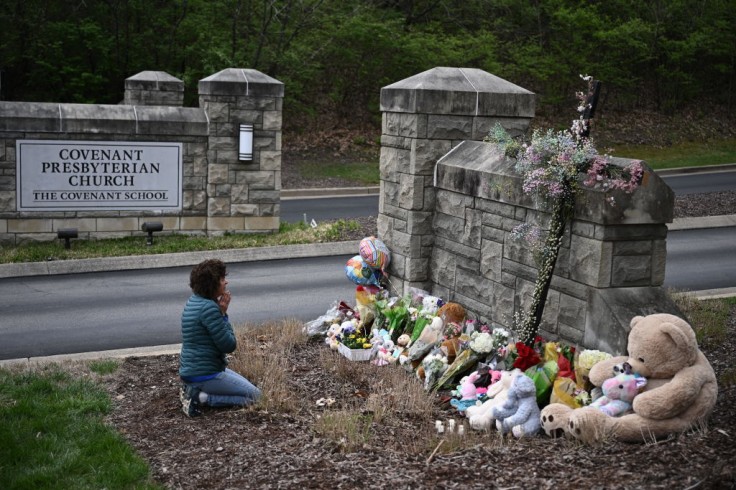
A Tennessee judge has ruled that the writings of the Nashville school shooter will remain undisclosed, citing potential harm from their release. This decision follows prolonged litigation involving police officials, the media, and the victims' families.
Court Decision Highlights Public Harm Concerns
On Thursday, Davidson County Chancery Court Judge I'Ashea Myles concluded that disclosing the shooter's writings would do more harm than good, especially with ongoing or prospective criminal investigations.
In her ruling, Myles emphasized that unrestricted access to all records at any time does not support the justice system's fairness and impartiality.
Myles stated that there are certain exceptions that limit unrestricted access to public records, as the potential harm from disclosure outweighs the public's right to know.
While the current order restricts the release of the writings, it leaves room for future disclosure. One media company seeking their release plans to appeal the ruling.
Legal Battle Over Records from Covenant School Shooter
This decision concludes months of legal disputes following the March 27, 2023, mass shooting at The Covenant School in Nashville, where former student Audrey Hale killed three children and three staff members before being fatally shot by police.
The shooter's motive remains unclear, though initial suggestions pointed to possible resentment towards the school.
Authorities described the shooter's writings as indicative of a mental health struggle, initially offering to release them post-investigation. However, the potential release became a contentious issue, with media companies advocating for public interest and victims' families fearing it might inspire copycats.
Ownership of the writings was another focal point, as the shooter's parents transferred legal ownership to the families of about 100 Covenant students.
The school and families argued that the writings were private under state law protecting school security records. Myles sided with the families, noting that the documents fall under a federal Copyright Act exception to the Tennessee Public Records Act.
Families and Officials React to the Ruling
The families of the victims felt relieved after Myles made his decision. Erin Kinney, the mother of 9-year-old victim William Kinney, said that this perspective is a crucial initial move towards ensuring that the perpetrator cannot harm our children any longer.
The family of substitute teacher Cindy Peak, also killed in the shooting, shared similar sentiments, saying the ruling brings a measure of relief.
The situation escalated when conservative media personalities, including Steven Crowder and The Tennessee Star, leaked portions of the writings.
These leaks prompted Nashville Mayor Freddie O'Connell to demand an investigation, leading to administrative assignments for seven city police employees.
Despite the investigation revealing that the leaks originated from cellphone photos taken by detectives, it ended without permanent action due to lack of cooperation from a former detective.
Michael Patrick Leahy, editor-in-chief of The Tennessee Star, announced plans to appeal the ruling, arguing it subverts the Tennessee Public Records Act's intent. In December 2023, Nashville police investigated the leak but found no resolution.
Myles acknowledged the legitimate concern of copycat crimes, noting that Hale had modeled their attack on previous perpetrators, idolizing them and mimicking their methods and targets. While many of Hale's documents remain protected, some may be released once the case concludes.